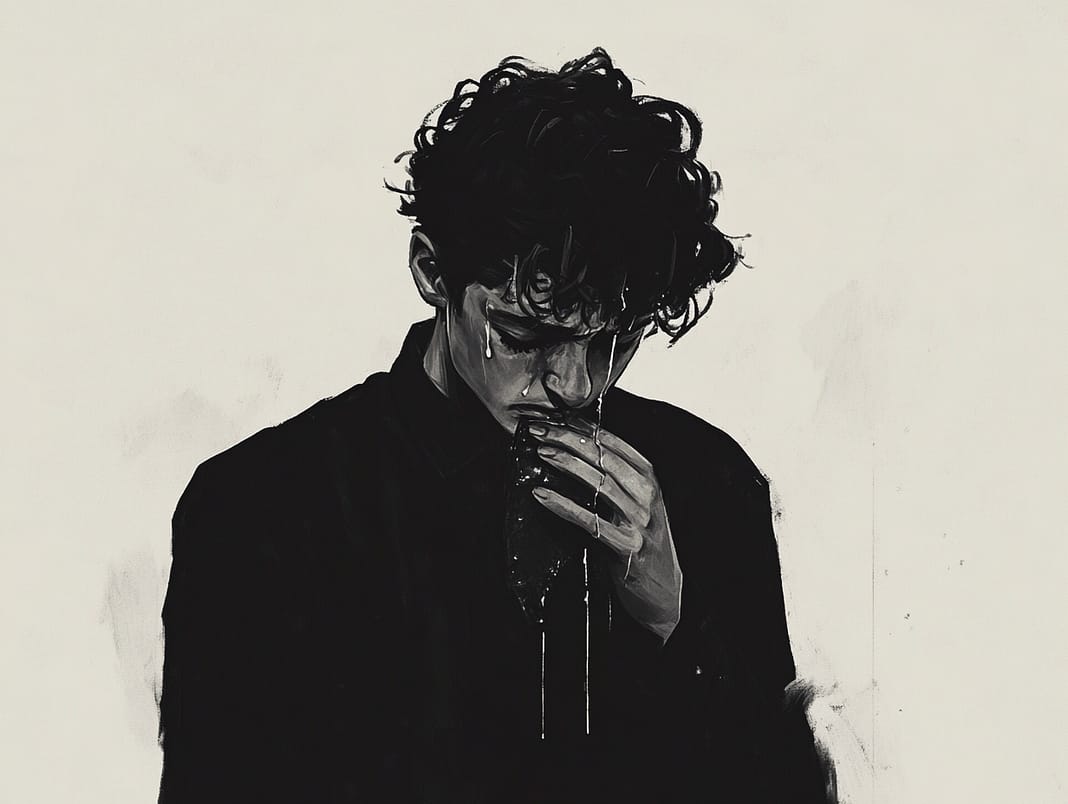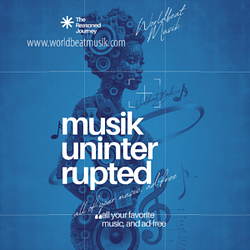Hurt people hurt people. It’s a phrase that has settled into our collective language, often tossed out as explanation or excuse. But beneath its simplicity lies a truth as old as time: the wounds we carry do not sit idle. They ripple outward, shaping how we speak, how we love, how we lash out, and how we hide. Pain has a way of connecting us, weaving unseen threads between our actions and the unspoken depths of our lives. Yet, the connection is not always noticed until it breaks something.
But here is another truth, quieter and perhaps more difficult to believe: hurt people do not have to keep hurting others. Pain may connect us, but healing can sever the harmful cycle. Still, to reach that place, we must confront an uncomfortable reality. Pain, in all its manifestations—anger, resentment, defensiveness—is often less about the present moment and more about what has gone unresolved in us. The harsh word that cuts too deeply, the dismissal that stings more than it should, the judgment that leaves you spiraling—all of these reveal what remains tender within you. Someone else’s actions may provoke the hurt, but they cannot create it from nothing.
When you are unhealed, the world feels sharp. Every edge seems to press against an old wound, reopening places you thought were closed. A passing comment about selfishness might tear through your need to be understood. A critique of your work might unravel your quiet fear that you are never enough. These words, these moments, do not act alone. They find purchase in the parts of you that are already aching. A healed heart does not react the same way; it absorbs the impact without breaking, recognizing the pain of others without letting it resurface its own.
Imagine this: someone calls you selfish. Your first instinct is to push back, to insist you’re misunderstood, to replay the interaction in your mind long after it’s done. The sting isn’t because their words are true but because they touch a deeper fear—the fear that your intentions, your care, your effort will never be enough for others to see you clearly. But when you have learned to live in the truth that not everyone will understand you, those same words lose their power. You are no longer tethered to their perception of you.
Or take another example, more intimate. A loved one lashes out in their own pain, saying something that strikes a nerve. You stay silent, not out of peace but out of fear. You tell yourself that protecting the relationship matters more than speaking your truth. And yet, the silence feels like betrayal—not of them, but of yourself. Resentment grows in that space, leaving both of you further apart. But when you value your voice and trust its worth, you learn that honesty does not destroy real relationships. It clarifies them. It strengthens the ones that matter.
And so, healing becomes the quiet work of untangling the knots within you. It is a process of noticing when a word or action triggers something larger than the moment itself. When someone’s judgment touches a doubt you already carry, the pain feels multiplied. But this is the gift of triggers: they do not just cause discomfort; they reveal the exact places where healing is needed. They are signposts, pointing not to the other person’s wrongdoing but to your own unmet needs and unprocessed emotions.
The healing process is not linear. It does not happen all at once, nor does it erase the memories of what hurt you. Healing asks you to sit with the uncomfortable, to face the truths you have buried under defensiveness or shame. Why does criticism feel like an attack? Why does rejection feel like proof of unworthiness? Healing does not answer these questions for you; it walks with you as you find the answers for yourself.
As you do this work, something remarkable happens. The words and actions that once felt unbearable begin to lose their weight. Someone dismisses your efforts, and instead of spiraling, you recognize that their judgment does not define your value. A family member’s outburst no longer ignites the same fire in you because you see their pain for what it is—theirs, not yours. The peace that comes with healing is not passive; it is a hard-earned resilience.
Yet, the question persists: why do hurt people hurt people? Why do we pass pain on instead of letting it end with us? The answer lies in the nature of pain itself. Pain demands to be expressed. If it is not processed inwardly, it will find its way outward—through anger, withdrawal, or harm to others. This is why healing matters not only for the individual but for the relationships and communities we build. When you refuse to confront your pain, you risk perpetuating it in the lives of those around you. Healing, then, is not just a personal journey; it is an act of collective care.
There is no universal blueprint for this work. For some, healing begins with self-compassion, the quiet practice of treating yourself with the kindness you so readily extend to others. For others, it is the work of therapy, unpacking the stories and patterns that have shaped you. For many, it is about reconnecting with the body, where pain is often stored long after the mind has tried to move on. Breathwork, mindfulness, and even simple acts of rest can remind you that your body deserves care too.
And as you heal, you begin to notice something subtle but profound: the world softens. The sharpness you once felt in every interaction fades. The judgments of others no longer define you, nor do they disrupt your peace. You learn to hold space for the pain of others without letting it invade your own. You realize that the words, actions, and opinions of others can only land where you are still tender. When you have tended to those places, they lose their grip on you.
Hurt people hurt people. But healed people? They break cycles. They choose honesty over defensiveness, connection over withdrawal, peace over retaliation. Their presence becomes a balm, not because they are perfect or unscarred but because they have done the work to transform their pain into understanding. Healing is not the absence of hurt; it is the presence of wholeness. It is knowing that while you cannot control how others treat you, you can always choose how you respond.
So, the next time you feel the sting of someone’s words or the weight of their actions, pause. Ask yourself: what within me is responding to this? What is this moment trying to teach me? And as you sit with these questions, know that healing is not about erasing your pain but about learning to carry it differently. Share your thoughts below—your story could be the beginning of someone else’s healing.
Discover more from The Reasoned Journey
Subscribe to get the latest posts sent to your email.


